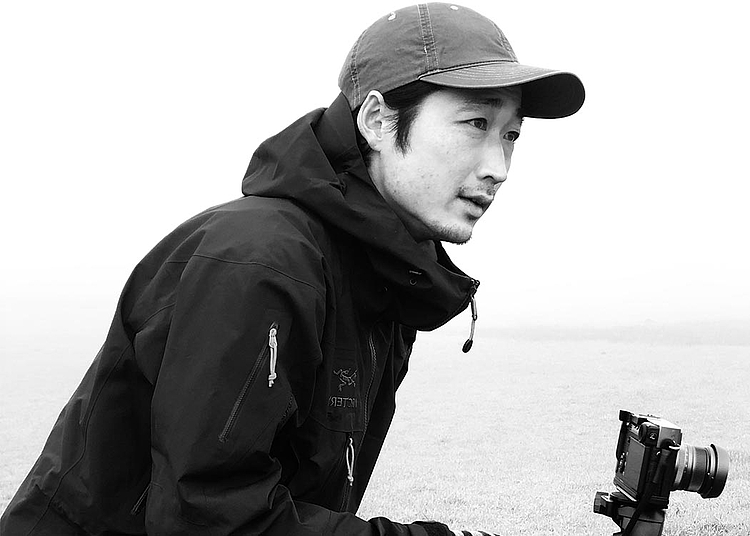You have just submitted your master's thesis. Congratulations! Tell us more about your topic!
Thank you so much. My topic is socio-spatial exclusion and homelessness in Tokyo. Through collaborative map-making, my thesis explores how social exclusion is embodied in urban space in the context of the Tokyo Olympics and how it affects the lives and culture of the homeless. The thesis also tries to foreground the personal identities and political constituent of those stigmatized as homeless by describing their ethnographies.
You are also working as a photographer. When did you start taking photos? And what inspires you the most?
To be precise, I am a photojournalist. I have been reporting on social issues through photography since 2010. The great thing about this job is that you get to meet a lot of people in the field that you wouldn't meet in your daily life. Many of the people I met in the field were in difficult situations, but I learned a lot from their attitude of trying to stay strong. I can say that these experiences are an asset in my life.
Why did you decide to study “M.A. Visual and Media Anthropology”?
When I worked with a world-renowned American photojournalist in 2014, I was disappointed in his unethical work practices and approach, which seemed to represent the contradictions of photojournalism and the media: excessive demand for visual aesthetics and preoccupation with commercialism. Since then, I have been exploring alternative ways of visualizing social issues differently from a photojournalistic form. During this process, I just happened to find the VMA program and decided to join it.



